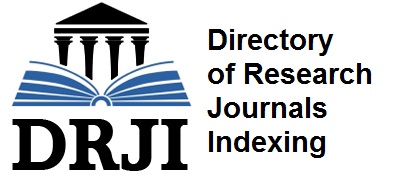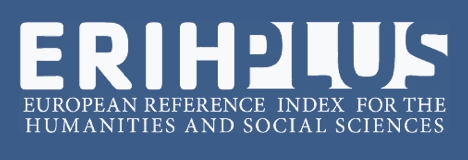“La insurrección permanente”: gli anni Sessanta nella saggistica di Mario Vargas Llosa
La insurrección permanente”: the sixties in Mario Vargas Llosa’s essays
Abstract
Il periodo che va dall'avvento di Castro a Cuba al colpo di stato in Cile segna una epocale trasformazione dell'intellettualità latinoamericana, che passera dall'appoggio massiccio e incondizionato a ogni tentativo insurrezionale in America latina alla riflessione critica nei confronti delle conseguenze della rivoluzione cubana e dei metodi della guerriglia. Il percorso personale dello scrittore peruviano Mario Vargas Llosa è assai significativo della realta e dei dialoghi del tempo. La sua originale riflessione politica inizia proprio in quegli anni, in riferimento ai seguenti temi: la rivoluzione cubana e il ruolo degli intellettuali nella comunità internazionale; la censura e la dissidenza in URSS, l'invasione della Cecoslovacchia; la presa di distanza da Castro e dal socialismo realizzato; la critica dell'intellettuale conformista.
Cuba to the coup d'etat in Chile marks an epochal transformation of Latin American intellectuals, who passed on the massive and unconditional support in any attempted insurrection in Latin America to the critical reflection of the consequences of the Cuban revolution and methods of guerrilla warfare. The personal intellectual path of the Peruvian writer Mario Vargas Llosa, is very representative of the reality and dialogues of the period. His original political reflection begins in those years, in reference to the following issues: the Cuban Revolution and the role of intellectuals in the international community; censorship and dissent in the Soviet Union, the invasion of Czechoslovakia; the distancing from Castro and the grealized socialismh; the critique of the intellectual conformism.

This work is licensed under a Creative Commons Attribution-NonCommercial 4.0 International License.
Authors who publish with this Journal agree to the following terms:
Authors retain copyright and grant the Journal right of first publication with the work simultaneously licensed under a Creative Commons Attribution-NonCommercial 4.0 International License.
This Journal permits and encourages authors to post items submitted to the Journal on personal websites or institutional repositories both prior to and after publication, while providing bibliographic details that credit, if applicable, its publication in this Journal.

















